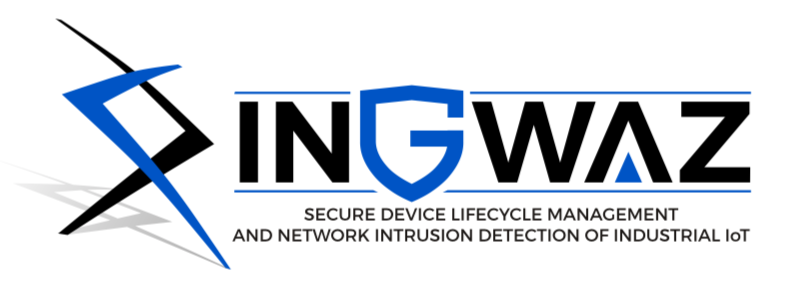BACKGROUND
|
Industry 4.0 is the trend towards automation and data exchange in manufacturing technologies and processes which, fostering what has been called a "smart factory" - changing the way we live and work. Technological advancements in the areas of artificial intelligence, cloud computing and smart devices have meant disruptive technologies are now part of everyday life for both individuals and businesses. While there has been resistance to digitise until now, there is an opportunity to capitalize on the moment and the push for digitalization in the manufacturing industry. Industry 4.0 relies heavily on the Internet of Things (IoT) and cyber physical systems, which refers to the integration of computing devices, smart objects, people and physical environments - with such an explosion of devices in recent years, not only is information security a hot topic within IoT, it has become evident that secure device lifecycle management and network anomaly and intrusion detection is also required. The unprecedented growth and expansion of the Internet of Things have resulted in an influx of technology and new gadgets onto the market. In a struggling power struggle process between alliances, the industry has been left having no clear direction of standardization, or even worse, seeing standards specific to verticals appear. The lack of security and standards has seen an unprecedented number of attacks against IoT devices - unauthorized passive intrusion gained stealthily and without detection or active intrusion that result with network resources being affected - an in both cases cause major harm and cost for the operation. There is an obvious need and opportunity for implementing artificial intelligence and machine learning for Industrial IoT at scale to detect and manage intrusion and network anomalies. |
© 2020+ Ingwaz AB - company number 559253-7988, registered in Stockholm, Sweden
website design and hosting by RIoT International, Pty, Ltd.

